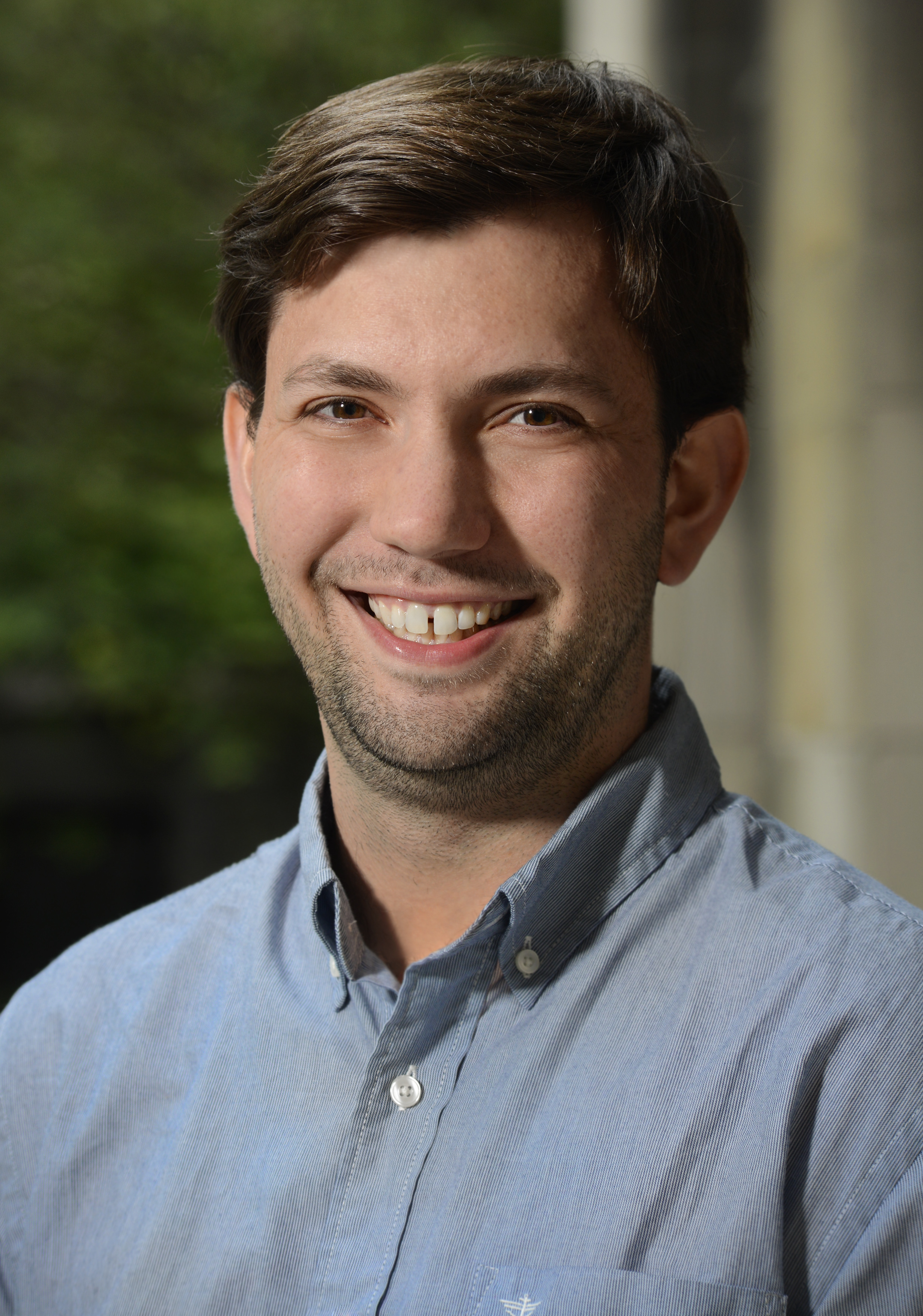
Biography:
Daniel Knorr is a PhD Candidate in the Department of History at the University of Chicago, specializing in the history of late imperial and modern China. He studies the exercise of political power across space and the formation of local communities through both institutions and cultural practices. His current project is a history of Jinan, the capital of Shandong Province in eastern China, during the Qing Dynasty (1644-1912). In 2016-17 he received a Fulbright fellowship to conduct archival research for this project in Jinan and Beijing. Daniel’s broader research interests include local literary traditions, social movements, inter-cultural exchange, and theories of empire and the state. In addition to Chinese and East Asian history, he also teaches courses on world history.
Dissertation: Putting Empire in Its Place: Localism and the Qing Imperial State in Jinan, Shandong, 1733-192
Daniel’s dissertation examines the history of a provincial capital in eastern China, during the Qing Dynasty (1644-1912). Combining interests in social, cultural, and political history, this project examines how Jinan’s role as a major administrative center was co-constitutive with various forms of place-making across both the high and late Qing. In addition to addressing the paucity of scholarship on urban North China, this project develops a framework focused on the processes of place-making and state-building as an alternative to the state-society paradigm common in scholarship on late imperial China. He argues that Jinan’s history shows how these two processes could be mutually constructive, thus challenging the assumption in Weberian social science theory that state and local society are fundamentally distinct realms of human behavior. His project draws on scholarship across disciplines like geography, anthropology, and art history related to theories of place and space. In dialogue with recent scholarship on the history of the U.S. state, he aims to work toward a new comparative history of the state.
 THE UNIVERSITY OF CHICAGO
THE UNIVERSITY OF CHICAGO

